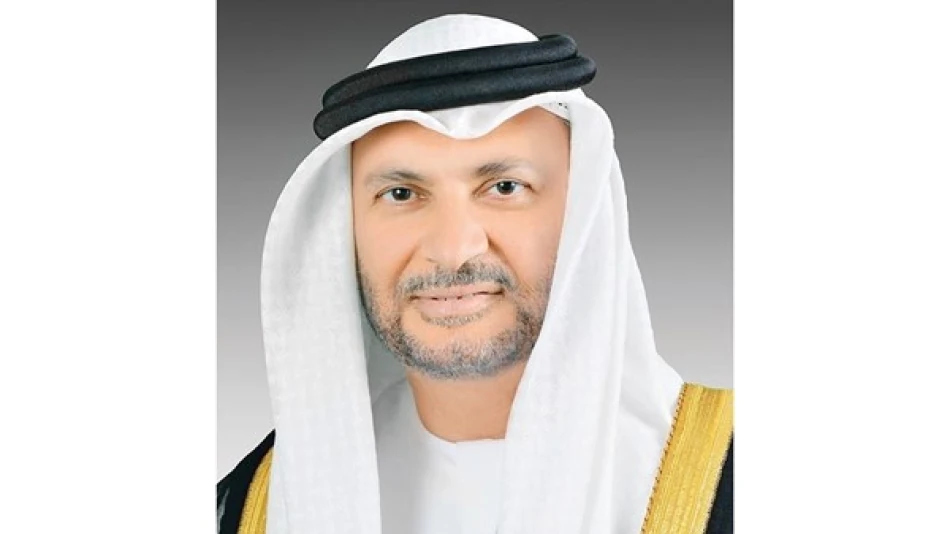
Saudi Arabia and UAE Collaborate for Peace and Stability in Exceptional Circumstances
UAE-Saudi Alliance Deepens as Gulf Powers Unite Against Regional Turmoil
The UAE and Saudi Arabia are strengthening their strategic partnership to counter mounting regional instability, with top leaders demonstrating unprecedented alignment on critical Middle Eastern issues. This coordinated approach signals a maturing Gulf alliance that could reshape regional power dynamics amid ongoing conflicts and geopolitical tensions.
High-Level Diplomatic Convergence
Dr. Anwar Gargash, Diplomatic Advisor to the UAE President, confirmed that recent discussions between UAE President Sheikh Mohammed bin Zayed Al Nahyan and Saudi Crown Prince Mohammed bin Salman revealed remarkable consensus on regional challenges. The diplomatic advisor emphasized through social media that both nations are jointly pursuing peace and stability during what he termed "exceptional circumstances."
The meeting's emphasis on "harmonious ideas and positions regarding regional issues" suggests the two Gulf powers have moved beyond traditional rivalry toward genuine strategic coordination.
Strategic Implications for Regional Stability
Economic Powerhouse Alliance
This UAE-Saudi convergence represents more than diplomatic courtesy—it consolidates the economic might of two nations that collectively control significant global energy resources and sovereign wealth funds exceeding $1.5 trillion. Their aligned approach could influence everything from oil pricing strategies to regional infrastructure investments.
Counterbalancing Regional Threats
The timing appears deliberate, coming as both nations face shared security concerns including Iranian proxy activities, ongoing conflicts in Yemen and Gaza, and broader Middle Eastern instability. Unlike previous decades when Saudi-UAE relations occasionally featured competition, today's partnership reflects mature recognition that regional challenges require coordinated responses.
Historical Context and Evolution
This alliance marks a significant evolution from the early 2010s when the UAE and Saudi Arabia sometimes pursued divergent regional strategies. The 2017-2021 Qatar blockade demonstrated their capacity for joint action, but current coordination appears more sophisticated and less confrontational toward neighbors.
Both nations have also learned from past interventions. Their approach now emphasizes continuous coordination and consultation rather than unilateral actions, suggesting lessons absorbed from complex regional engagements.
Broader Implications for Middle East Dynamics
This strengthened UAE-Saudi partnership could accelerate several regional trends. First, it may encourage other Gulf Cooperation Council members to align more closely with their positions. Second, it provides a counterweight to Iranian influence without necessarily escalating tensions. Third, it offers regional partners—from Egypt to Jordan—a more predictable and resourceful alliance to engage with.
The emphasis on building a "more stable future for the region" suggests both nations recognize that their economic diversification goals depend fundamentally on regional peace. This pragmatic calculation may prove more durable than previous alliance arrangements based primarily on shared threats rather than shared opportunities.
Most Viewed News

 Layla Al Mansoori
Layla Al Mansoori






